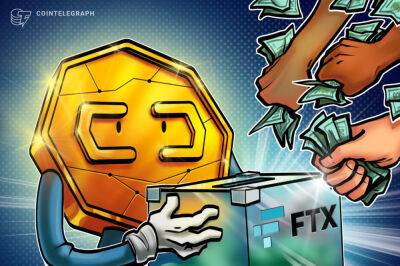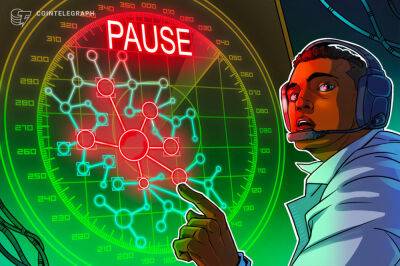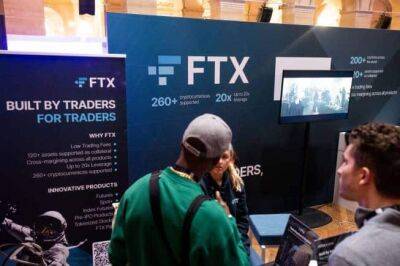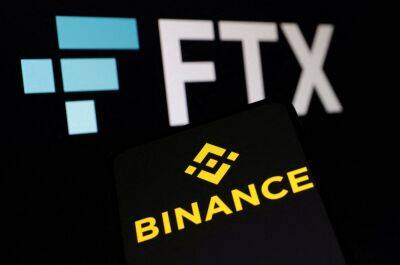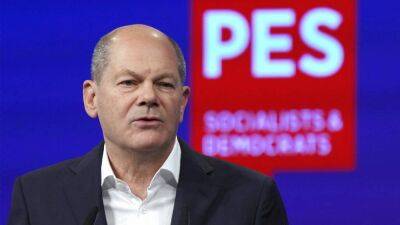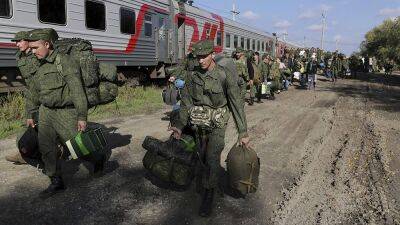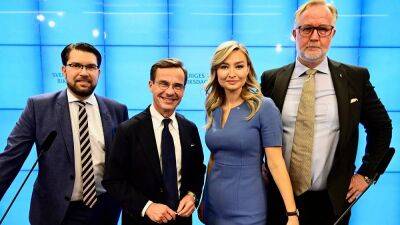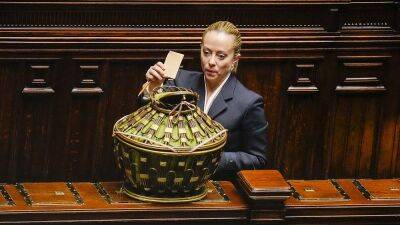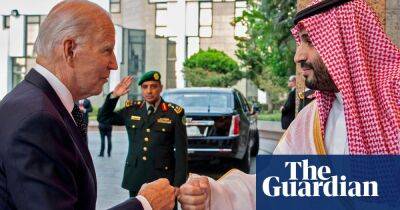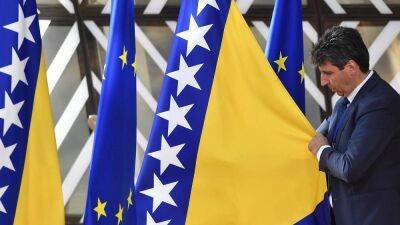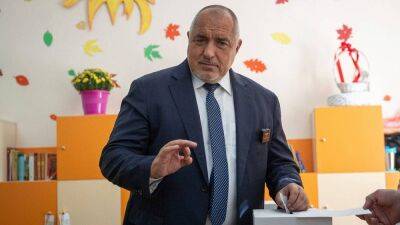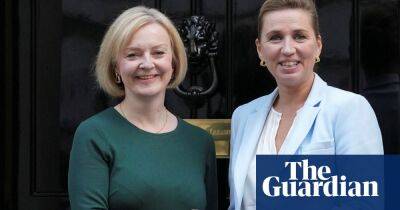Sweden election: A month on from the vote, why is there still no government?
A month on from Sweden's general election on 11 September and everything looks like business as usual in the Nordic nation.
Prime Minister Magdalena Andersson -- whose left-wing bloc narrowly lost the vote to right-wing parties -- has represented her country at the recent European Political Community summit in Prague; she's been leading her country's response to explosions in the Nord Stream pipeline in the Baltic Sea and on Tuesday called a special meeting of the country's 'crisis council' to update the latest on the investigation.
But her days in the job are numbered.
Behind the scenes, the four parties that formed the winning bloc in September's election have been negotiating, with few substantive leaks to indicate how things are going.
A two-week extension from the Speaker of Parliament to the Sweden Democrats, Moderates, Liberals and Christian Democrats runs out on Wednesday and the politician hoping to be Sweden's next prime minister, Moderates leader Ulf Kristersson, will have to report his progress.
"It's in the balance whether there will be a result on schedule or not," said Professor Jonas Hinnfors, a political scientist at the University of Gothenburg.
"If we have a government deal on Wednesday it means a vote on Friday or Monday in parliament and then a handing-over ceremony with the king present," he told Euronews.
Although the far-right anti-immigrant Sweden Democrats are the biggest party on the right, it's the second biggest party the Moderates who are leading the talks to form a new government.
That's because the Sweden Democrats and their leader Jimmie Åkesson are unpalatable enough that the other parties don't want to see them as the prime ministerial party.
But the Sweden Democrats continue to hold
Read more on euronews.com


